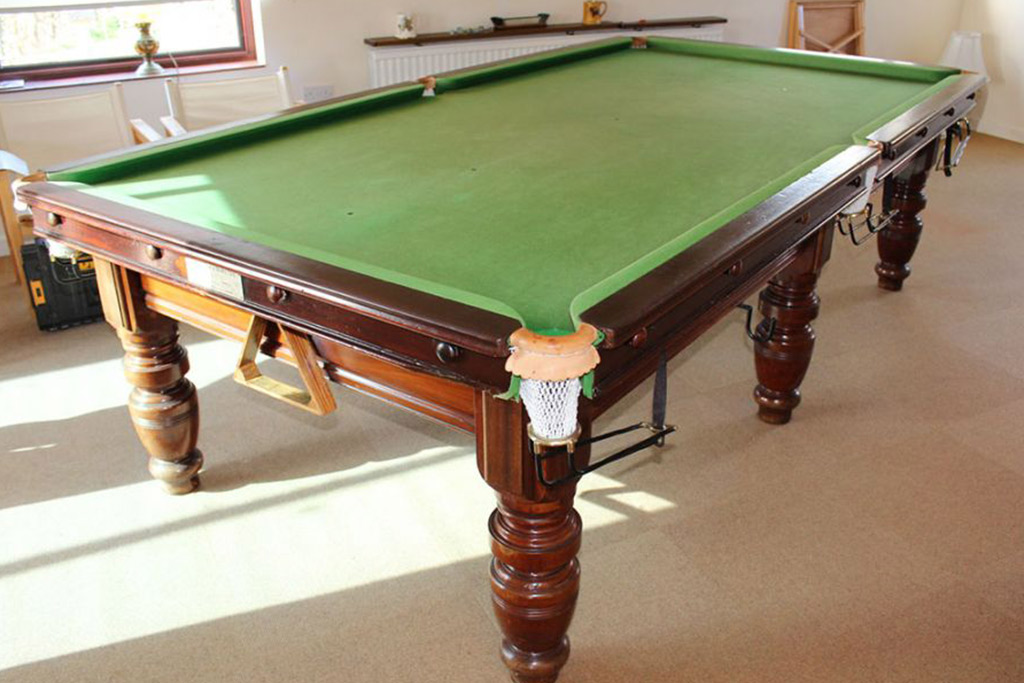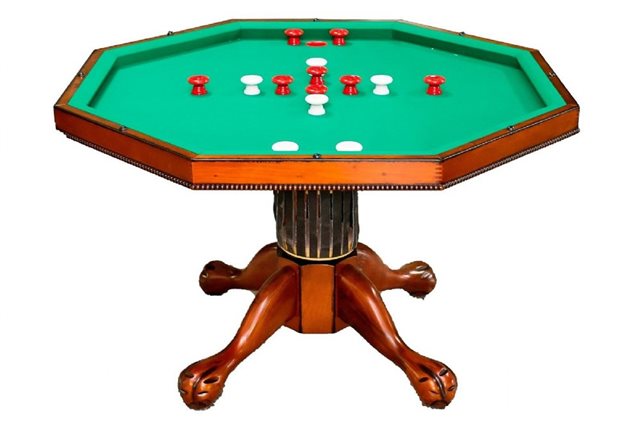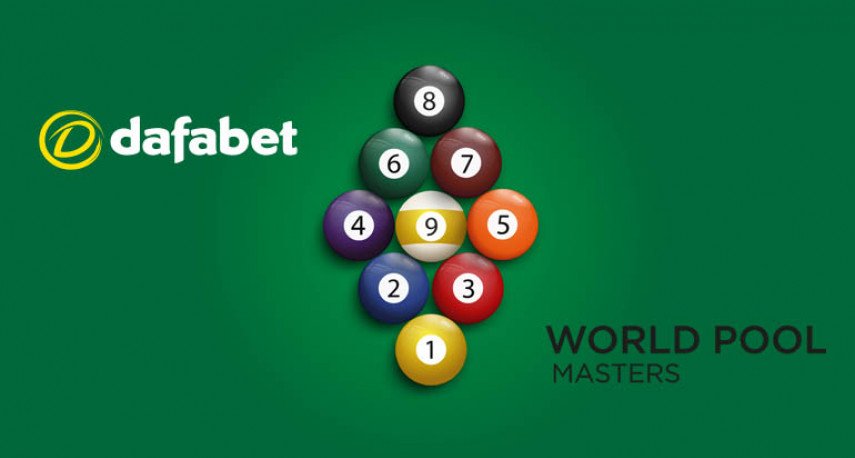
A variety of materials can be used to create pool balls. There are three types of materials: plastic, wood and phenolic resins. Each material has its pros and cons. Despite all the options, phenolic resin pool ball are the most durable and longest-lasting.
Phenolic resin balls are not only strong and durable, but they also resist scratches. Although they are more costly, the price increase is well worth it. This is due to their unique surface, which is high in density.
Phenolic Resin, a strong and long-lasting substance, has been used in many industries. It is made by combining formaldehyde and phenol. To form the ball, this mixture is molded under extreme pressure. It is resistant to extreme temperatures and has high bonding power. Furthermore, phenolic phenolic is resistant to chipping because of its molecular arrangement. Because of this, pool balls made from phenolic resin are up to five- to six times more durable than polyester balls.

Also, plastic materials are non-flammable and durable. But they also have their flaws. They lose their shine much faster than phenolic rubber balls. They can also cause burn marks to the table if they are used.
Plastics were still very young in the 19th-century. But American chemist Leo Baekeland discovered a new chemical that could be molded to create a plastic-like substance. The product was named Bakelite by him and was used in the manufacture of billiard balls. This new material became the norm as a result of the growing popularity of billiards.
During the early 20th century, the material became more popular in the United States, where wealthy people were able to buy them. The material was more durable than wood, even though it was still expensive. In the 1920s, the material had replaced wood in the manufacture of billiard ball balls.
Today, most professional pool balls are made from plastic and phenolic resins. This material is much stronger than ivory or wood. Although it is more costly, this material is well worth the investment for people who play frequently.

A set of professional pool ball sets is a great way to learn the game. A pool table accessory kit includes extra balls and equipment that will ensure your game stays safe.
You can also purchase synthetic materials like acrylic or polyurethane. These materials are cheaper but have their downsides. These materials don't lose shine as quickly as phenolic rubber balls, but they aren't as durable and can be prone to deterioration as fast. They aren't as resistant to scratching as phenolic.
However, if you don't have the budget to afford a set of phenolic resin balls, you can always look for a set of polyester balls. Polyester balls can be cheap but aren't as long-lasting. Some may even crack. Look for reputable brands when buying polyester balls.